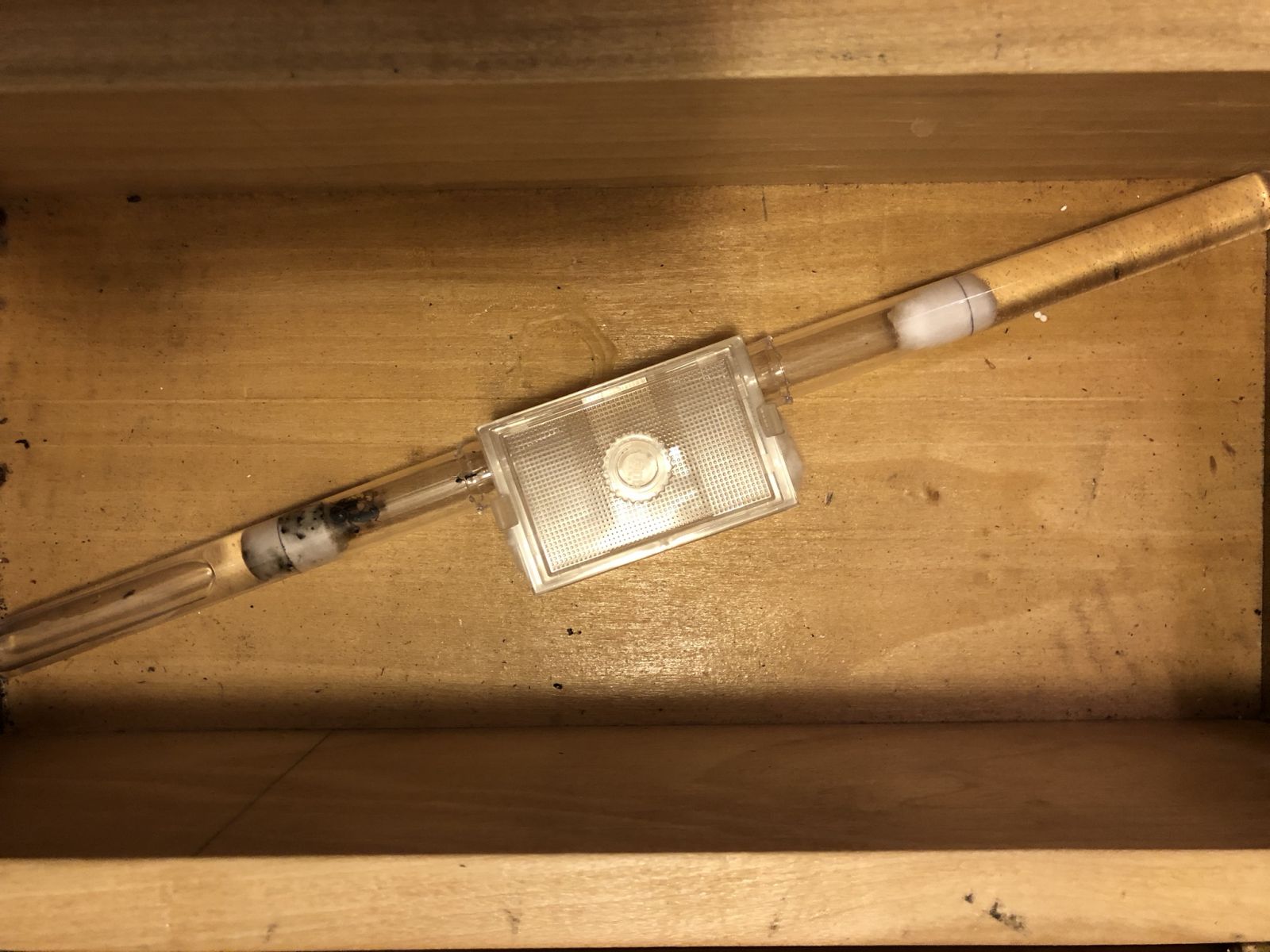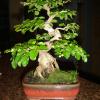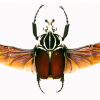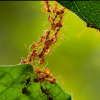- Formiculture.com
- Forums
- Gallery
- Members
- Member Map
- Chat

3 replies to this topic
#1
 Offline
-
Posted June 29 2021 - 3:49 PM
Offline
-
Posted June 29 2021 - 3:49 PM
I have collected queens for 3 years now, and always run into trouble with my test tubes: the cotton grows mold, the queen stops laying, and the colony dies off.
I think I am being careful every step of the way, so I will appreciate suggestions as to what may be wrong:
* Before using, I clean the tubes and shake rubbing alcohol inside.
* I use delivery water instead of tap.
* The cotton grows black mold all through, not only on the surface.
* Often the water becomes pink.
* Happens with different species, generally after a first batch of nanitics.
* Has happened even after moving the queen to a new clean tube.
Help! This is very discouraging. I ended boiling the tubes AND the cotton for the 9 tetramorium I got yesterday, but I want to be ahead of possible trouble.
I think I am being careful every step of the way, so I will appreciate suggestions as to what may be wrong:
* Before using, I clean the tubes and shake rubbing alcohol inside.
* I use delivery water instead of tap.
* The cotton grows black mold all through, not only on the surface.
* Often the water becomes pink.
* Happens with different species, generally after a first batch of nanitics.
* Has happened even after moving the queen to a new clean tube.
Help! This is very discouraging. I ended boiling the tubes AND the cotton for the 9 tetramorium I got yesterday, but I want to be ahead of possible trouble.
#2
 Offline
-
Posted June 29 2021 - 4:26 PM
Offline
-
Posted June 29 2021 - 4:26 PM
Forgot to mention that I mostly tried feeding with mealworms that I raised from a little farm I made, which I started with store bought worms that I keep in a quick oats substrate.
#3
 Offline
-
Posted June 29 2021 - 5:36 PM
Offline
-
Posted June 29 2021 - 5:36 PM
Are you feeding direct in the tube only, or do the ants have an outworld? Feeding too long in the tube could definitely lead to unsanitary confitions.
"The ants are a people not strong, yet they prepare their meat in the summer." Prov. 30:25
Keep ordinary ants in extraordinary ways.
Keep ordinary ants in extraordinary ways.
#4
 Offline
-
Posted June 29 2021 - 7:40 PM
Offline
-
Posted June 29 2021 - 7:40 PM
I think with many test tube setups, mold is a problem, particularly in the larger species with longer developmental periods. To minimize the potential for mold, provide a cleanable feeding chamber, and a spare clean test tube, I use an AC test tube portal as a mini-outworld with an additional test tube attached. The AC setup is all plastic but you could jury-rig something similar with glass test tubes, a pair of adapters and some 3/8” or 1/2” tubing.

Feeding the colony on aluminum foil or a trimmed down plastic bottle-cap in the portal prevents leftover debris from fouling the tubes. You can use light and heat to encourage your ants to change tubes so you can clean the vacated tube when it gets too moldy.
- ANTdrew and yrodro like this
Also tagged with one or more of these keywords: mold, new colonies
Ant Keeping →
General Ant Keeping →
antkeeping guide - ant health issuesStarted by Serafine , Oct 28 2023 |
|

|
||
Ant Keeping →
General Ant Keeping →
Ant Keeping Health GuideStarted by rptraut , Oct 4 2023 |
|

|
||
Ant Keeping →
Ant Keeping Journals →
Journal of My Afflicted ColoniesStarted by rptraut , Sep 25 2023 |
|

|
||
Ant Keeping →
General Ant Keeping →
Moldy mealworm farmStarted by DinoH , Jul 30 2023 |
|

|
||
Ant Keeping →
General Ant Keeping →
Suspection of mold growing in a test tubeStarted by ArsArs , Aug 2 2022 |
|

|
0 user(s) are reading this topic
0 members, 0 guests, 0 anonymous users















